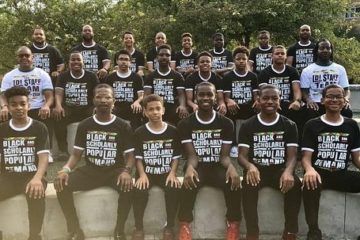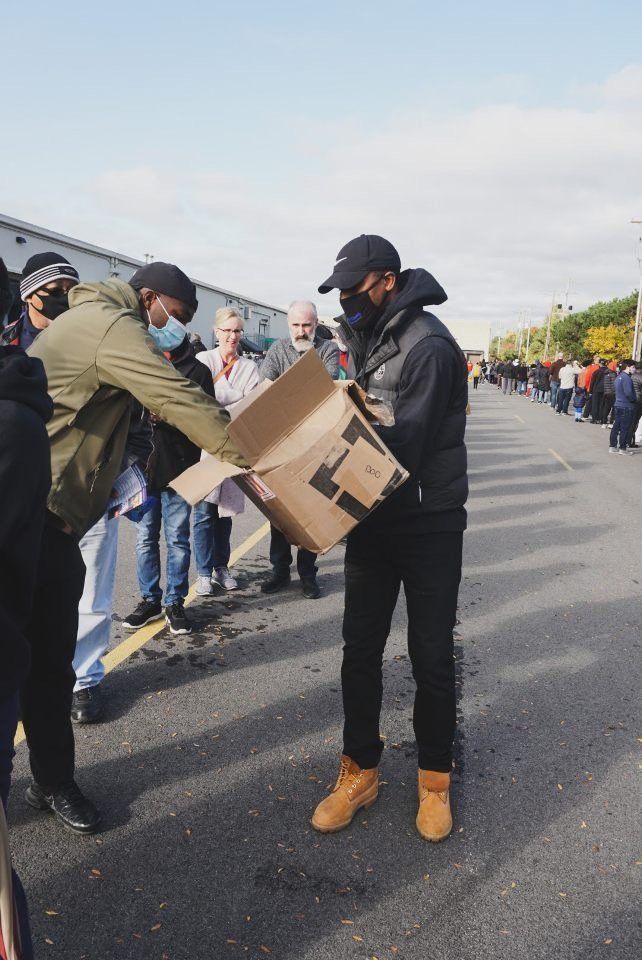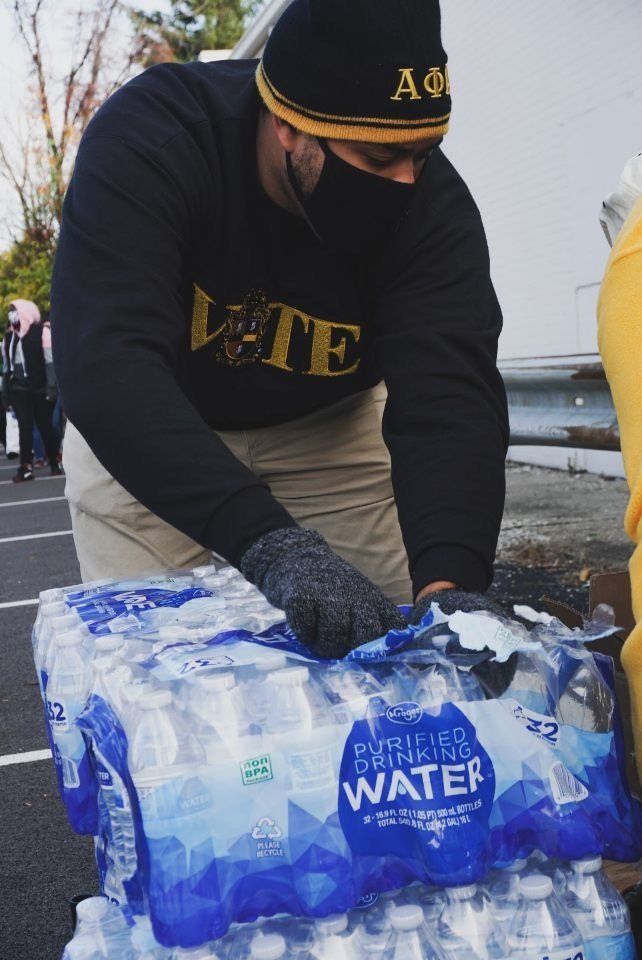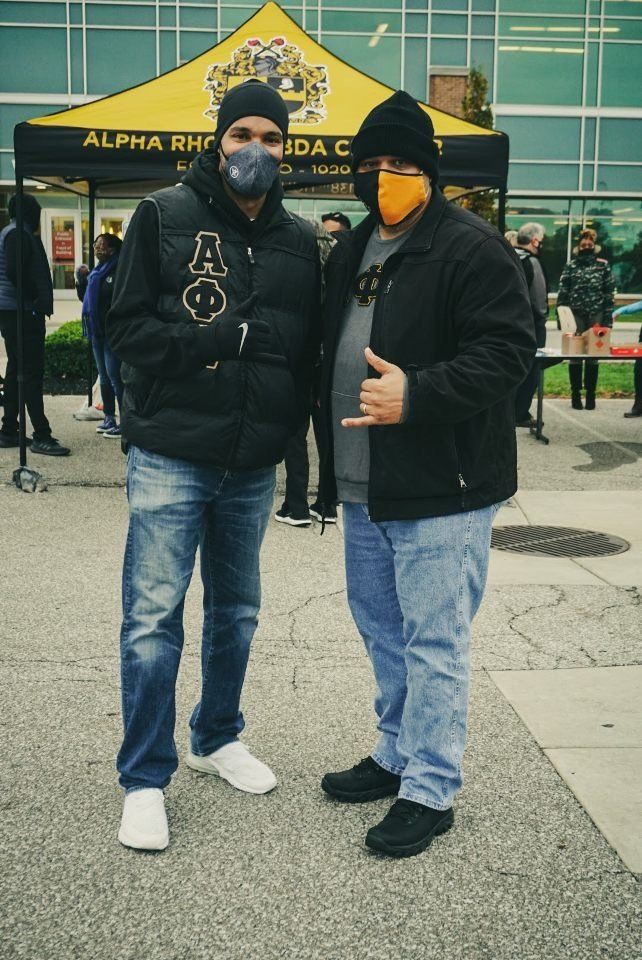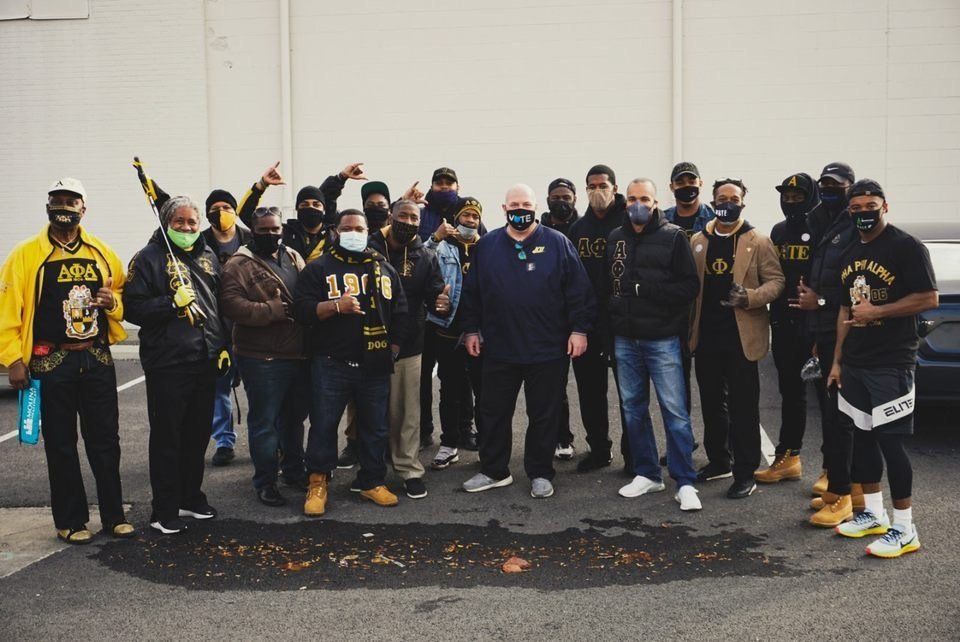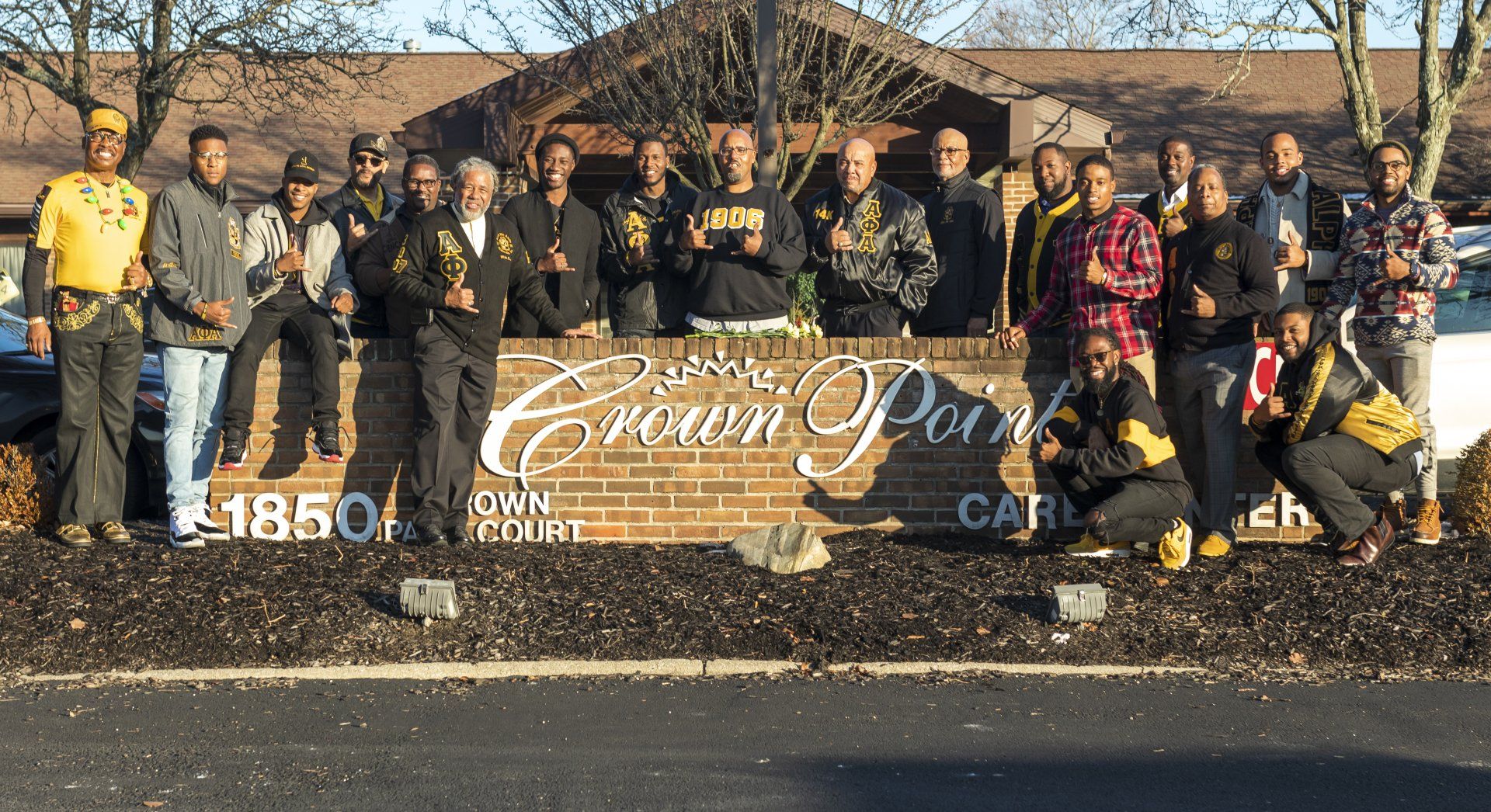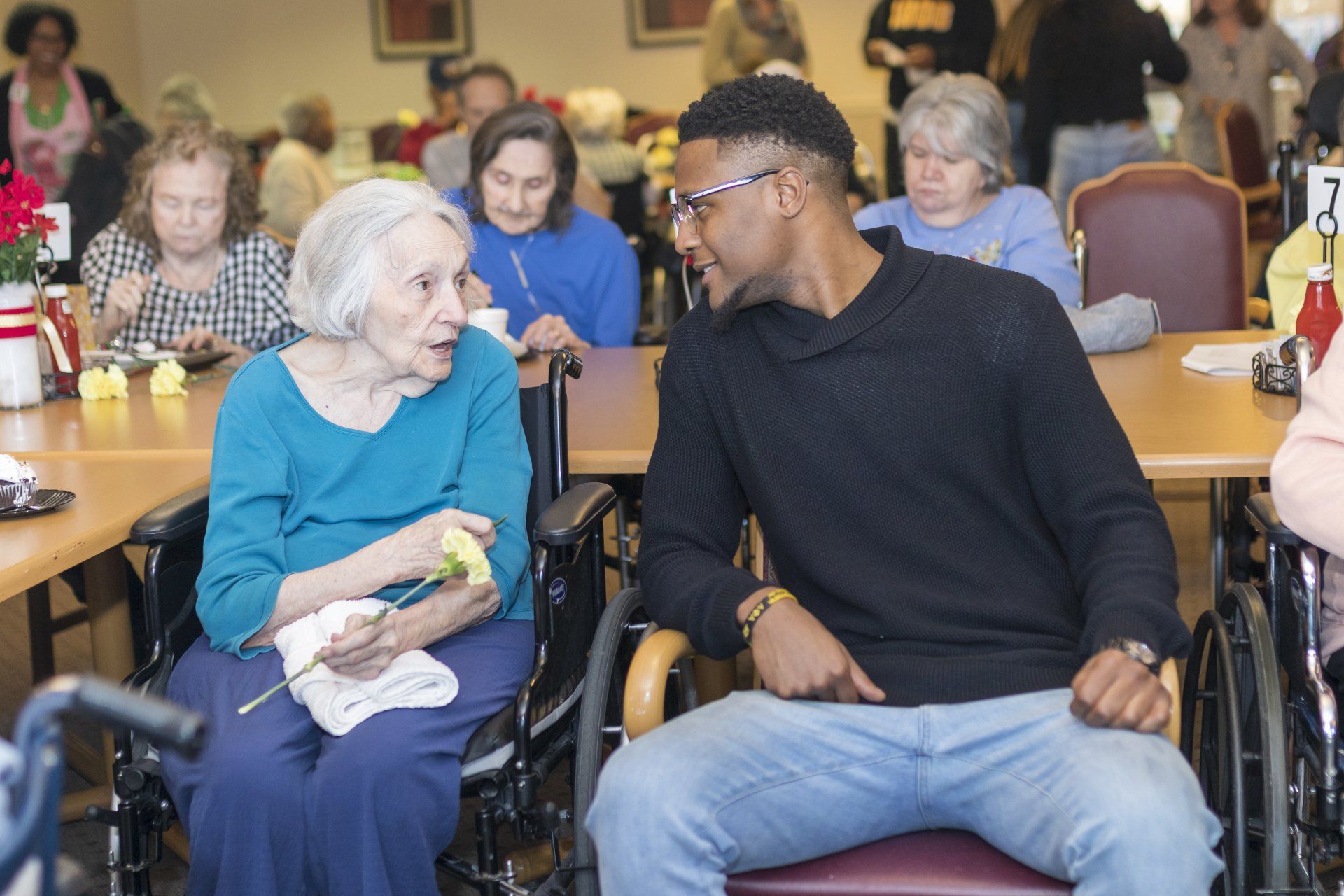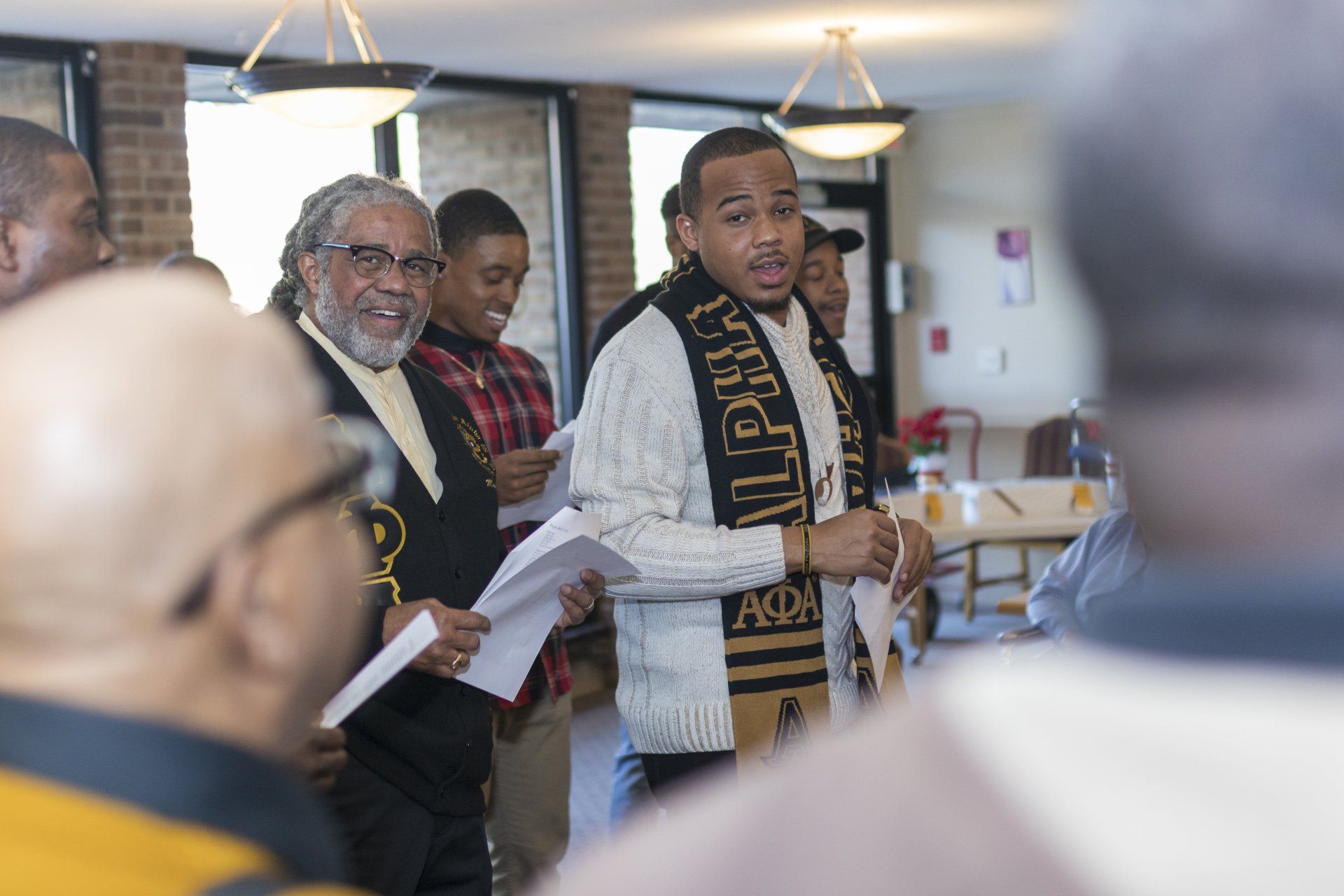National Programs
These represent the fraternity's signature efforts on voter engagement, mentoring, education, and elder care.
Project Alpha
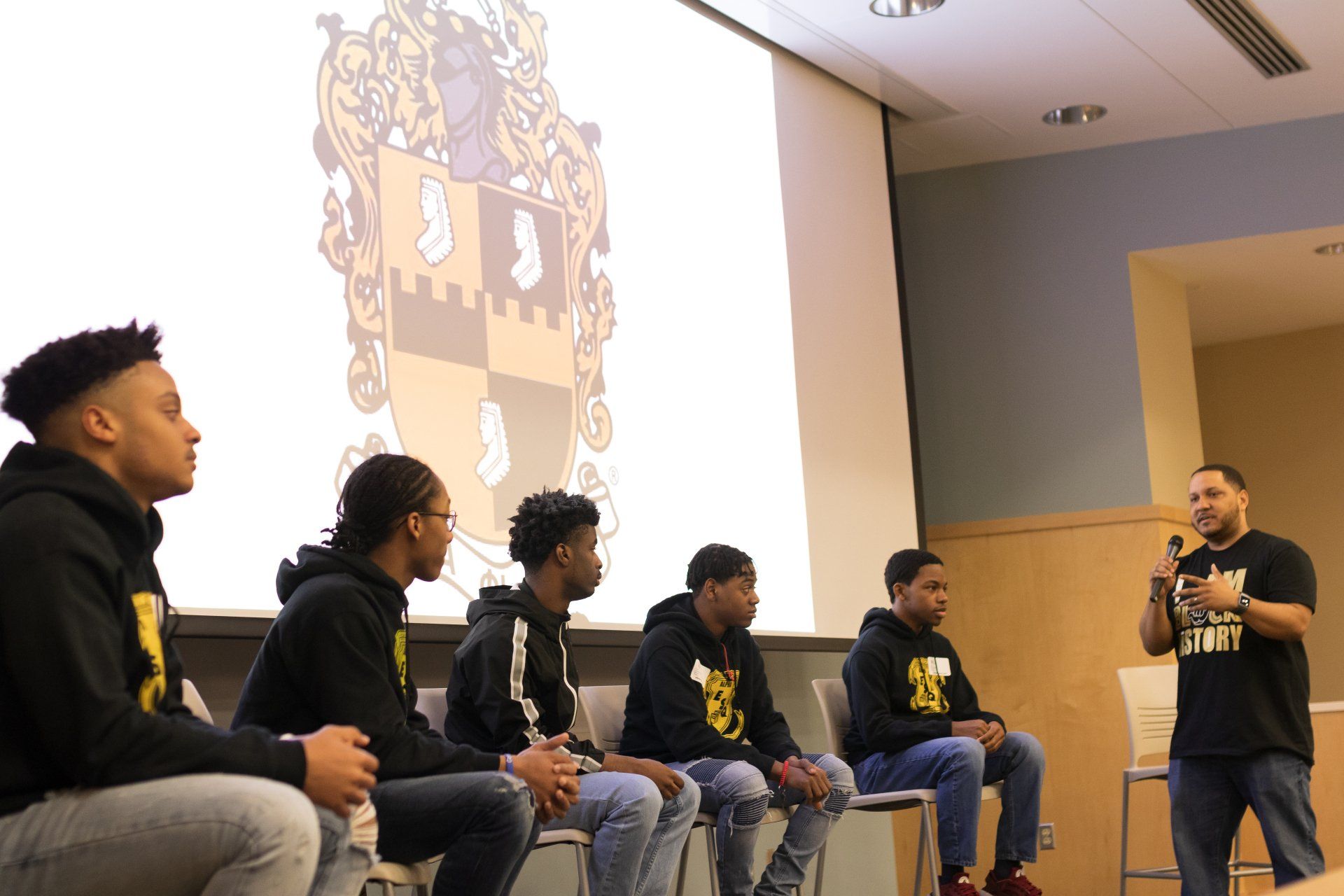
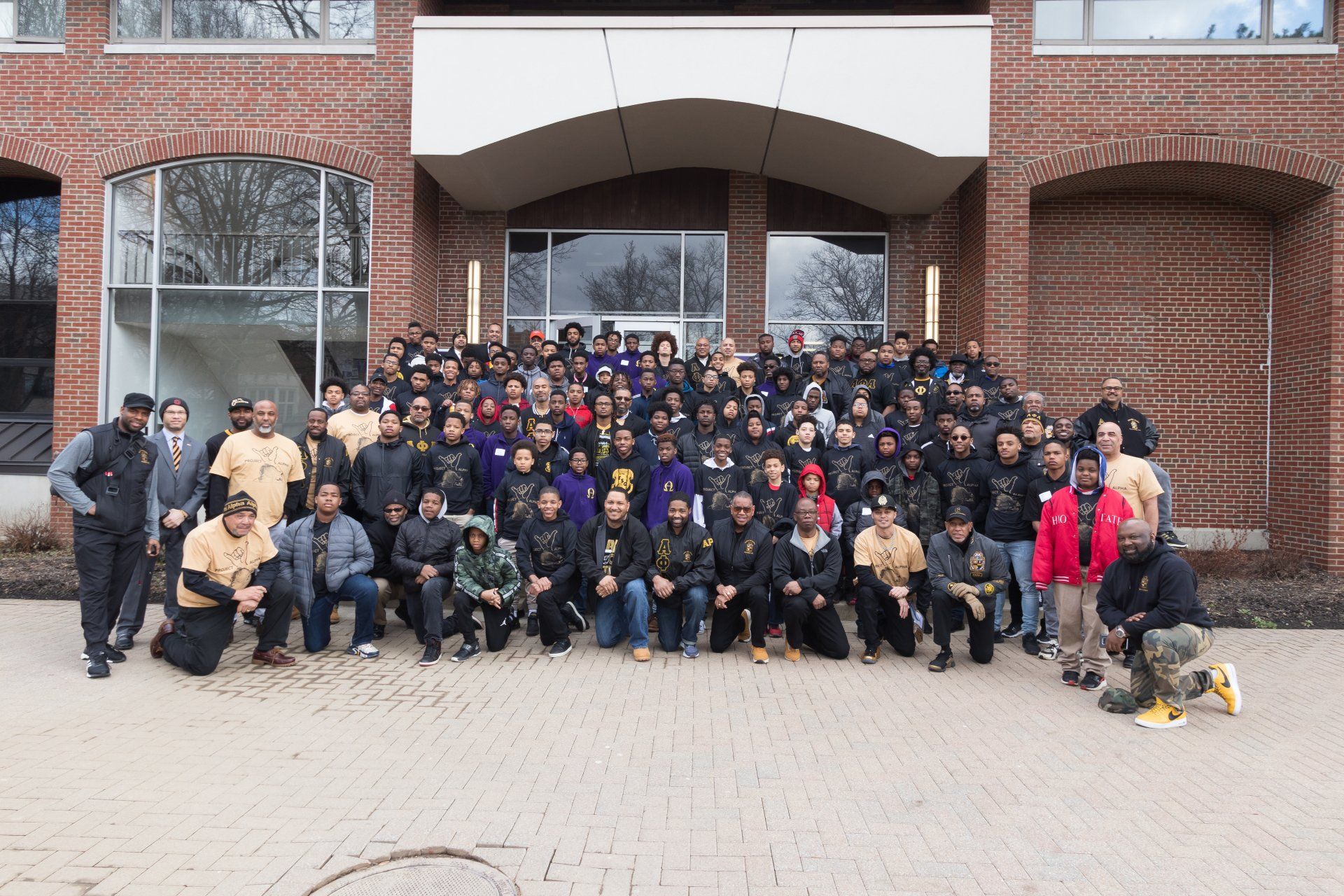
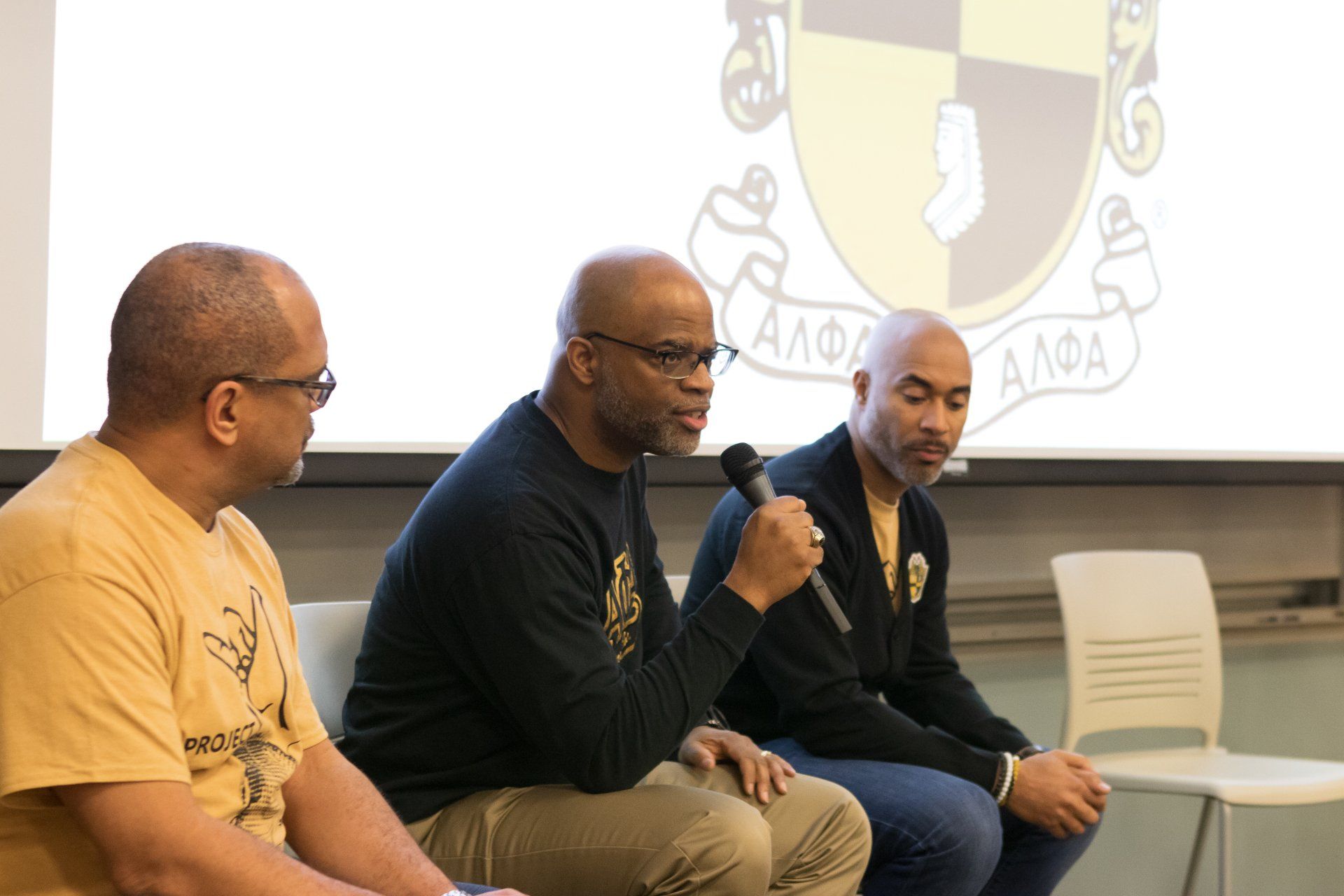
Slide title
Write your caption hereButton
In 1980 Alpha Phi Alpha Fraternity, Inc. & March of Dimes collaborated on creating Project Alpha. The project is designed to provide education on issues like relationships, teen pregnancy, and sexually transmitted diseases. Changing attitudes and creating a sense of empowerment are among the ways the program tries to deflect the ignorance and fear that manifest within peer groups. And during the program we all come together as men and talk through some of these poignant issues that affect our community and youth.
Purpose
The goal of Project Alpha is to provide young men, ages 12-18, with factual and accurate information through a series of workshops and information sessions while simultaneously charging them with the task of making difficult choices and accepting the responsibilities of those choices with integrity.
Go to High School, Go to College
The “Go-to-High-School, Go-to-College” program, established in 1922, concentrates on the importance of completing secondary and collegiate education as a road to advancement.
Purpose
Through the Go-to-High-School, Go-to-College educational initiative, young men receive information and learn strategies that facilitate success. Alpha men provide youth participants with excellent role models to emulate.
Alpha Phi Alpha Fraternity has been awarded grant funding by the US Department of Justice to provide mentoring to students ages 6 - 17 years old high school, in twenty-five (25) targeted cities across the country.
The General Office will evaluate proposals on a qualitative basis. This includes our review of the chapter’s standing at the area, district, regional and national levels, and final approval by the chapter’s Regional Vice President.
A Voteless People is a Hopeless People
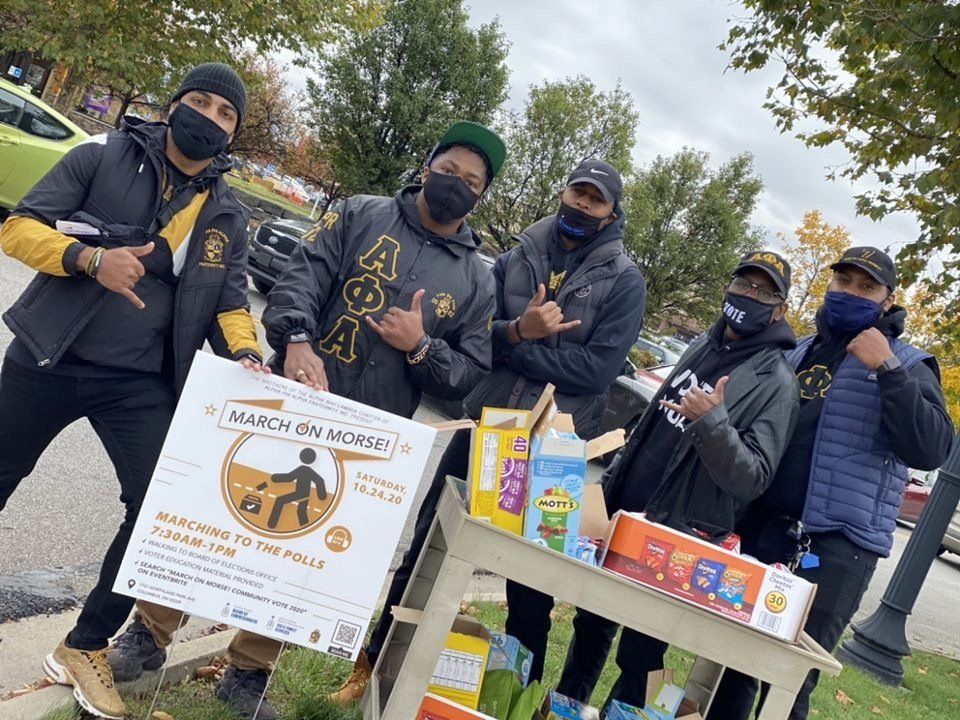
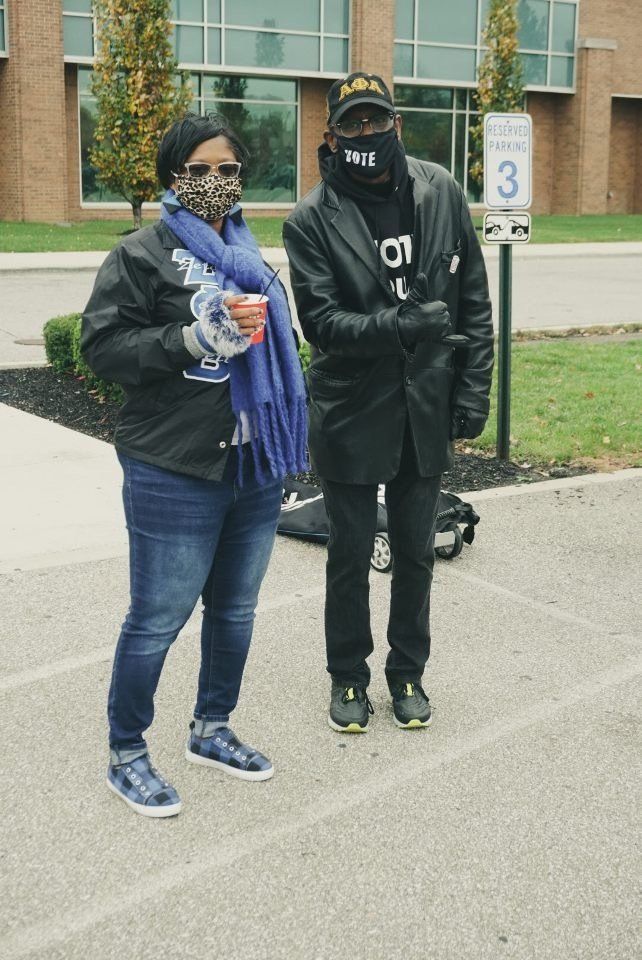
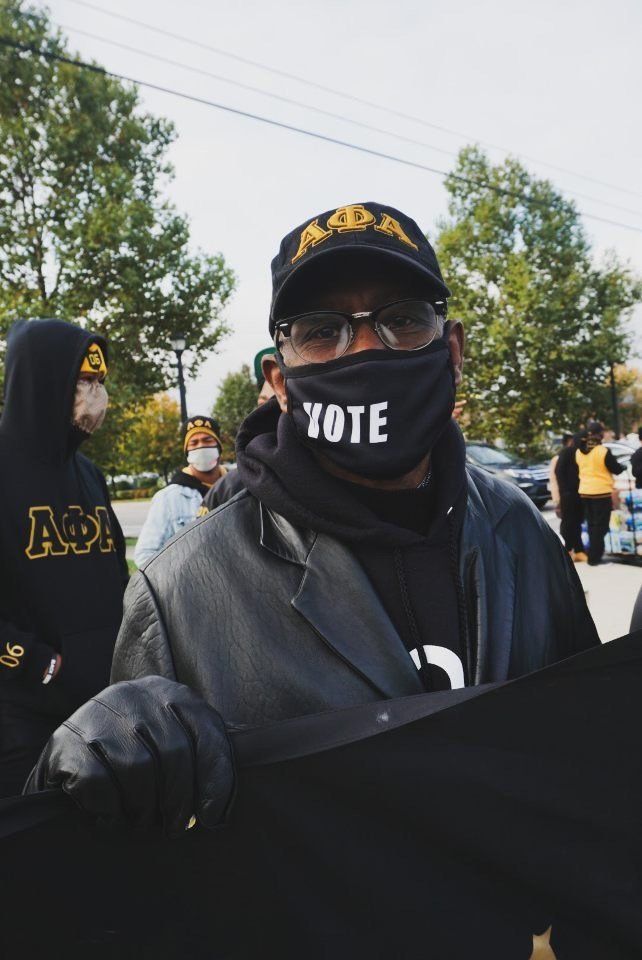
Slide title
Write your caption hereButton
“A Voteless People is a Hopeless People” (aka VPHP) was initiated as a National Program of Alpha during the 1930’s when many African-Americans had the right to vote but were prevented from voting because of poll taxes, threats of reprisal, and lack of education about the voting process. Voter education and registration have remained a dominant focus of this outreach activity for over 65 years. In the 1990’s, the focus shifted to include political awareness and empowerment, delivered most frequently through town meetings and candidate forums.
Purpose
Sometimes brothers move from place to place and don’t get registered right away. We understand, but now is the time. You can’t do anything unless you are sure that YOU are registered to vote.
Register today:
VOTE.USA.GOV
Need assistance? Here are some helpful resources:
US ELECTION ASSISTANCE PROGRAM
FEDERAL ELECTION COMMISSION FAQs
My Brother's Keeper
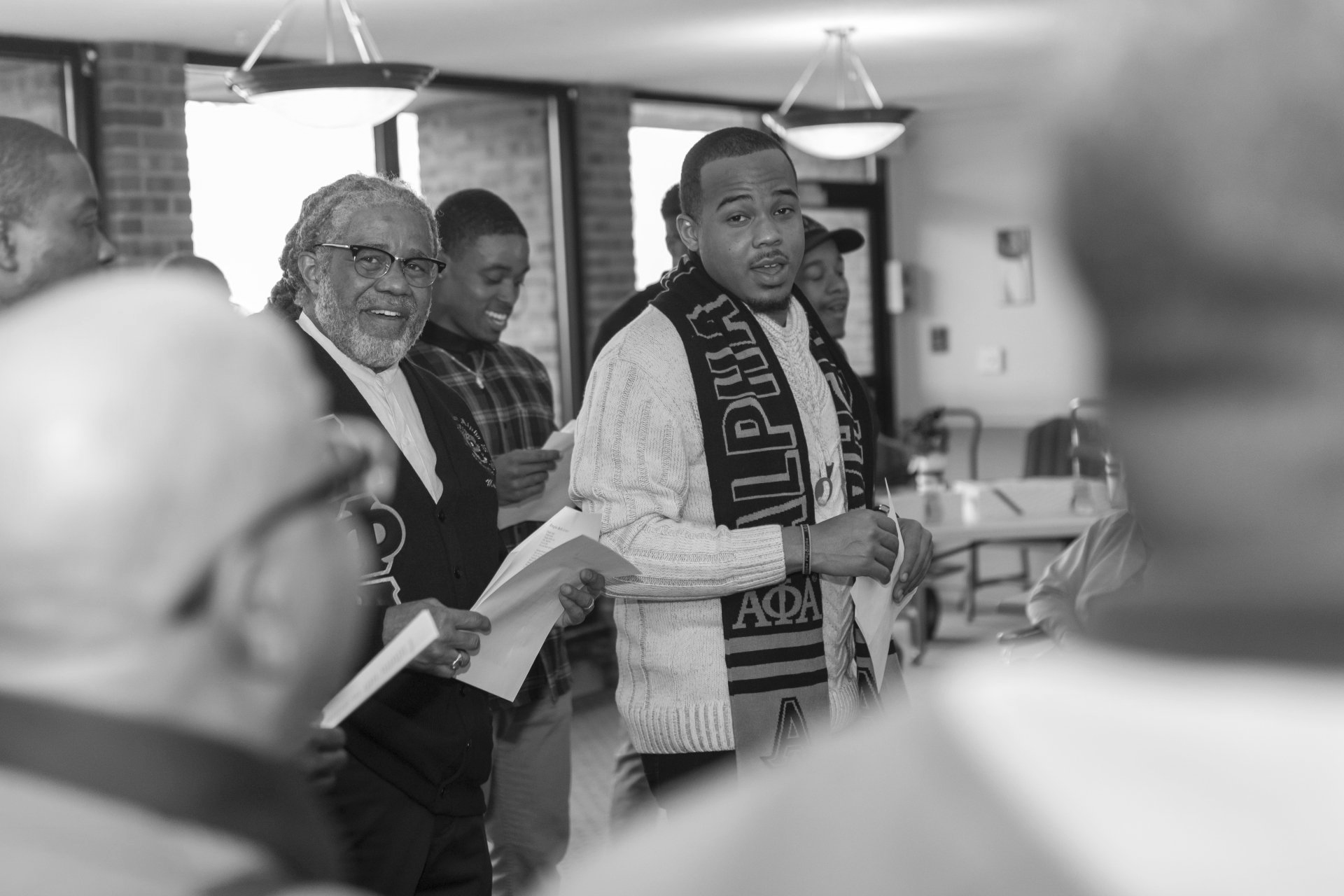
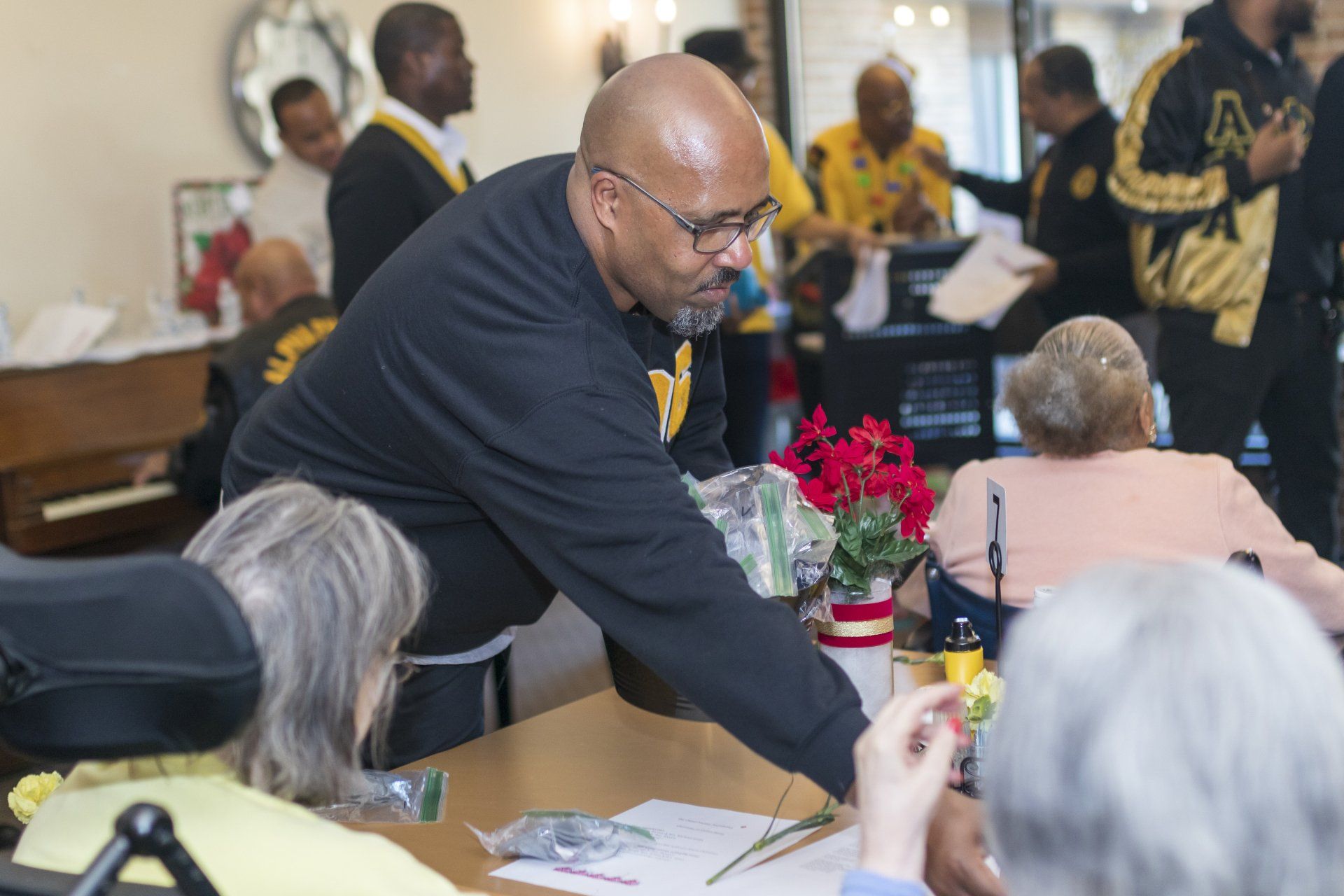
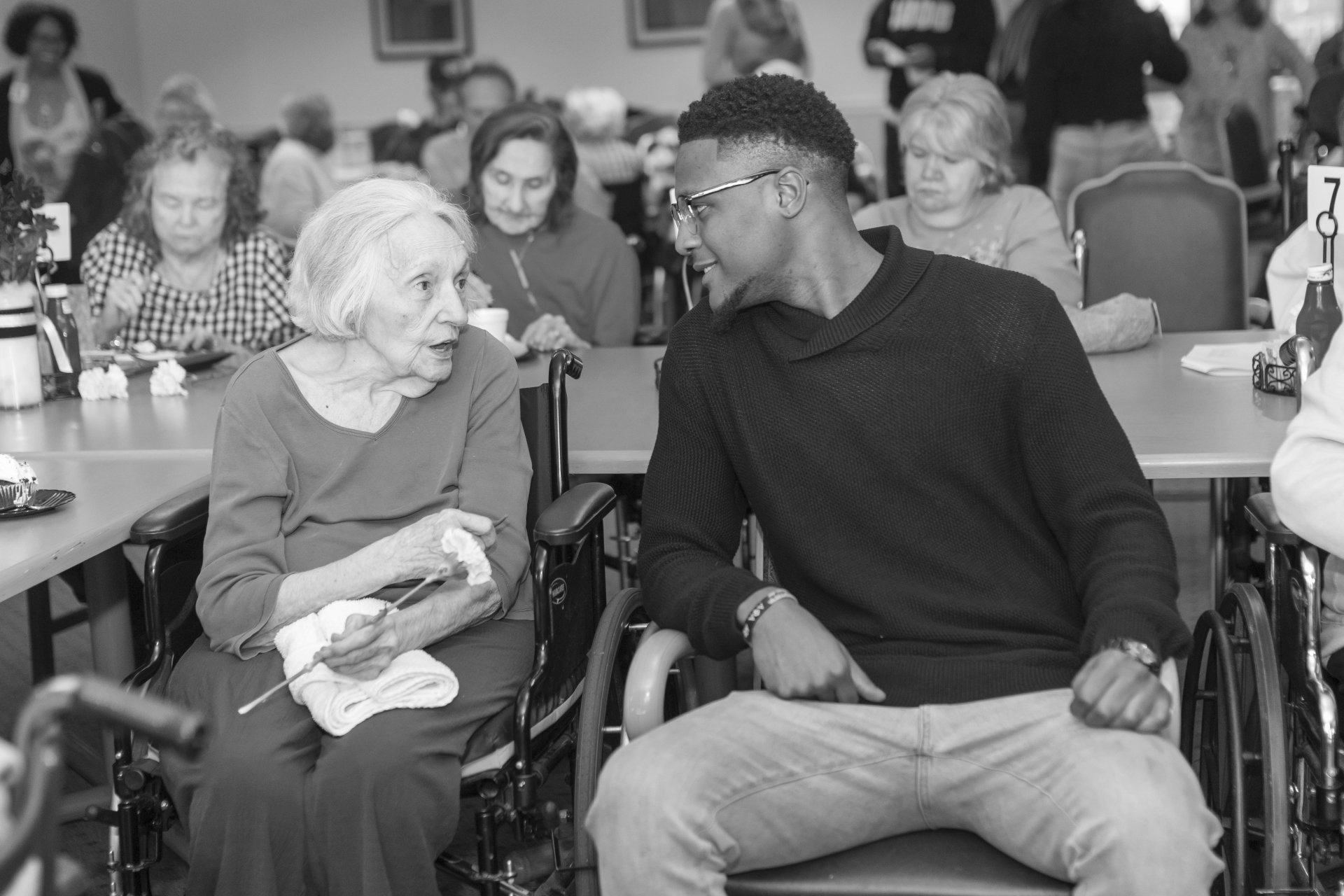
Slide title
Write your caption hereButton
Formally called the A. Charles Haston Brother’s Keeper program, this service program developed with the mission of advocating and improving the quality of life for Alpha Phi Alpha Fraternity, Inc.’s senior brothers, their spouses and widows; brothers who are retired and have disabilities or ailments; and vulnerable community members.
Purpose
Brother’s Keeper is a service program developed with the mission of advocating and improving the quality of life for Alpha Phi Alpha Fraternity, Inc. brothers, their spouses, and widows who are retired, are elders, have disabilities and are ailing; and vulnerable community members. Upon identification of need, the Brother’s Keeper Program also provides assistance to mature and ailing members of its communities. Limitations caused by advanced age place demands on family members, caregivers, and the larger community to ensure that elders remain independently functional. The goal of the Brother’s Keeper Program is to promote dignity and independence among Alpha family and community members who need help in keeping their lives and homes functional.
There are seven objectives to the program:
- Assist in maintaining living environments that are compatible with participants’ levels of functioning
- Assist in maintaining the upkeep of participants’ properties
- Assist with health care decision-making
- Provide companionship
- Provide legal services
- Provide transportation
- Ensure adequate supplies of food, water, and clothing, with special emphasis on disaster management and recovery.



